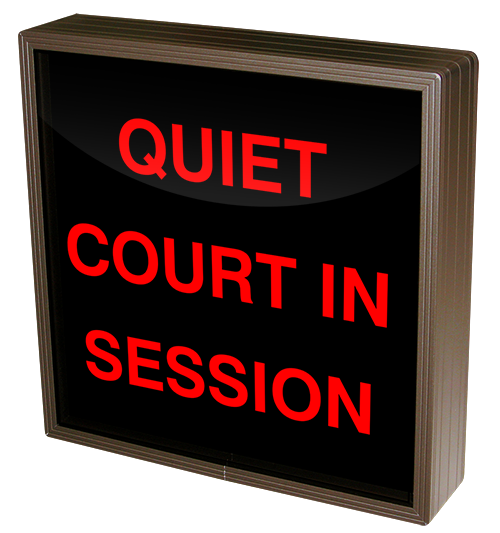We post news and comment on federal criminal justice issues, focused primarily on trial and post-conviction matters, legislative initiatives, and sentencing issues.

FEDERAL COURTS: BUSINESS AS USUAL (FOR NOW)
Despite President Trump’s partial government shutdown that began almost two weeks ago, the federal courts remain open and will continue operations for about three weeks, at least through January 11, by using court fee balances and other funds on hand.
 Most proceedings and deadlines will occur as scheduled. In cases where an attorney from an Executive Branch agency is not working because of the shutdown, hearing and filing dates may be rescheduled. As of late last week, federal courts across the country started hitting pause on many cases at the request of the Dept. of Justice, which was arguing in cut-and-paste pleadings that the shutdown restricts government lawyers from performing their usual duties.
Most proceedings and deadlines will occur as scheduled. In cases where an attorney from an Executive Branch agency is not working because of the shutdown, hearing and filing dates may be rescheduled. As of late last week, federal courts across the country started hitting pause on many cases at the request of the Dept. of Justice, which was arguing in cut-and-paste pleadings that the shutdown restricts government lawyers from performing their usual duties.
If the federal courts burn through their resources, they would then operate under the terms of the Anti-Deficiency Act, which allows work to continue during a lapse in appropriations if it is necessary to support the exercise of Article III judicial powers. Each court and federal defender’s office would determine the staffing resources necessary to support such work.
Meanwhile, the DOJ has cited its own 13-page contingency plan for continuation during the shutdown. The agency says that “criminal litigation will continue without interruption as an activity essential to the safety of human life and the protection of property,” but “civil litigation will be curtailed or postponed to the extent that this can be done without compromising to a significant degree the safety of human life or the protection of property… The Department will limit its civil litigation staffing to the minimum level needed to comply with the court’s order and to protect life and property. Receipt of summonses, pleadings and motions by mail may be delayed.”
Not all is bliss, however. Several Bureau of Prisons employees (who are considered essential) have sued the government for requiring them to show up for work without being paid at the appointed time. Apparently, the notion that when your employer stops paying you, you find another job – an idea well known in the private sector, where performance, merit, advancement and compensation are generally tightly-connected concepts – has not occurred to these government employees.
Administrative Office of US Courts, Judiciary Operating During Shutdown (Dec. 22, 2018)
DOJ, FY 2019 Contingency Plan (Sept. 11, 2018)
The Washington Post, ‘Nothing short of inhumane’: Union sues Trump administration over shutdown (Jan. 2, 2019)
– Thomas L. Root

